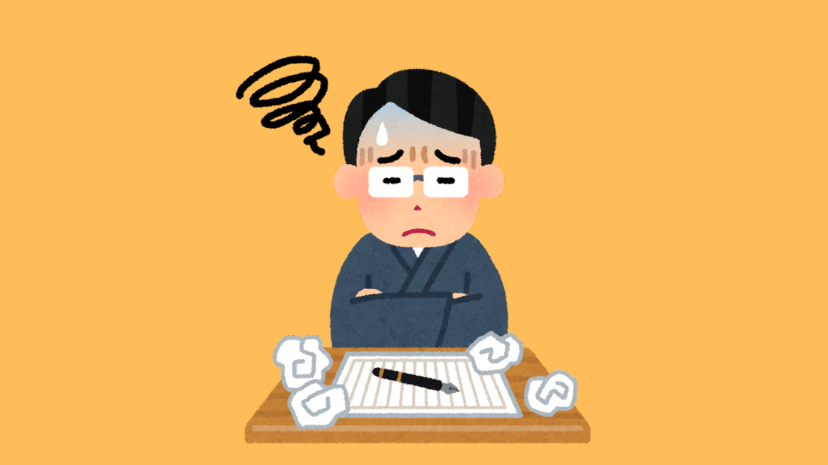All my life I’ve struggled with perfectionism. I’ve always felt like I needed to get a 4.0 in school and not make any mistakes both academically and personally.
This constant pressure in my life to be perfect is something that has negatively impacted me. Imposter syndrome, which is where someone feels like they aren’t good enough despite their achievements, also plays a part in perfectionism for me. I tend to avoid partaking in new things and experiences out of fear of failure.
Even when I do achieve something like getting good grades, I feel I could and should do better. For example, if I get A’s and B’s, instead of being grateful and happy I always think “I should’ve done better. The B’s should’ve been A’s.”
Imposter syndrome also kicks in during this time. I get the feeling I don’t belong somewhere or am not good enough at what I do. Even if it’s something I have a lot of experience with, I still feel like it’s not enough.
Perfectionism can also be harmful. For me, having it leads to overwhelming anxiety, stress and burnout. I have a fear of being judged for everything. It’s the feeling of someone watching every move you make and everything you do.
However, even though these are things I am actively working on, I’ve learned I can be successful and not be perfect. It’s OK to make mistakes; it doesn’t mean you’re a failure. Instead of being upset when I make mistakes, I need to tell myself that making mistakes is how I learn and grow. I’ve learned to set realistic goals and to be kinder to myself.
Instead of perfection, I need to focus on progress and be open to accepting constructive criticism instead of internalizing it.
At the end of the day, nobody is perfect and everybody makes mistakes. As a society, we need to be more kind to ourselves and understand that mistakes do not equate to complete failure.




















